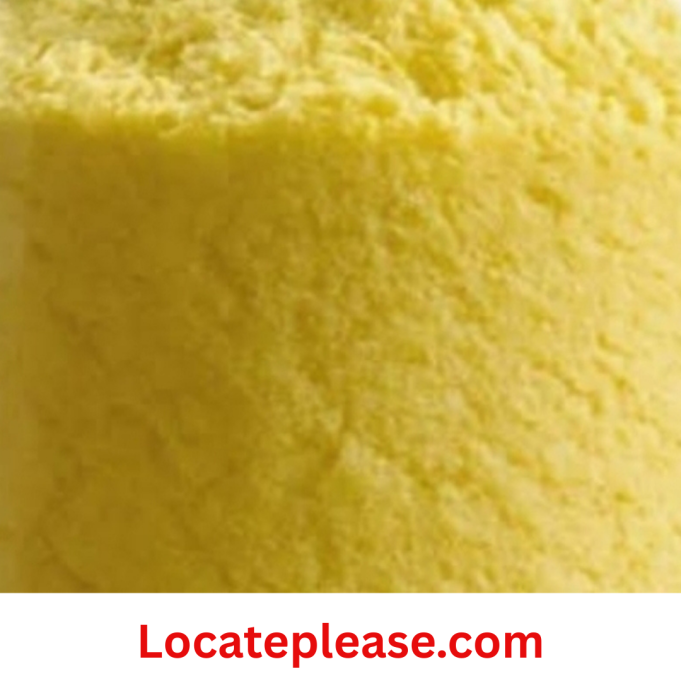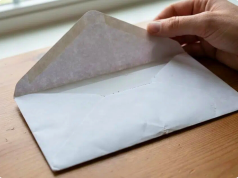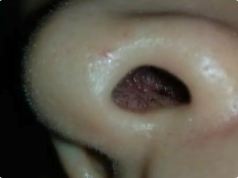We’ve all done it: squeezed a lemon for tea or a recipe, then tossed the peel without a second thought.
As if that bright yellow rind held no value.
But here’s the secret the old cooks knew:
The peel is where the soul lives.
That discarded scrap? It holds the lemon’s most vibrant scent—the concentrated essence of sunshine and zest. And with a little patience, it becomes something extraordinary: handmade lemon powder—a pantry staple that costs pennies, wastes nothing, and transforms simple dishes into moments of grace.
🌞 “I started making this after my grandmother showed me how during canning season. Now I sprinkle it on everything—and my grandchildren ask, ‘Mammaw, why does your cooking taste like summer?’”
Why Lemon Powder Belongs in Your Kitchen
This isn’t just a shortcut. It’s a quiet revolution.
Unlike bottled juice or extract, lemon powder—made purely from dried zest—offers:
✓ Bright, floral fragrance (no metallic aftertaste)
✓ Zero food waste—you honor the whole fruit
✓ Year-round sunshine—no waiting for citrus season
✓ Silent versatility—a pinch elevates sweet, savory, and sips
And yes—it’s the secret behind those “magical” restaurant dishes you love. But here, it’s made with your hands, your care, and the lemons you already own.
How to Make Lemon Powder: A Gentle, Foolproof Method
(Yields about ½ cup—enough for months of cooking joy!)
Step 1: Choose Your Lemons with Care
→ Opt for organic or unsprayed lemons. Conventionally grown skins often hold pesticides—and bitterness.
→ Look for firm, deeply colored fruit—thin-skinned varieties (like Meyer or Eureka) yield the most fragrant zest.
→ Wash well: Scrub gently under cool water with a soft brush to remove wax or dirt. Dry thoroughly.
Step 2: Harvest the Zest (Not the Pith!)
→ Using a vegetable peeler or small, sharp paring knife, remove only the yellow outer layer.
→ Avoid the white pith beneath—it’s intensely bitter and will overpower your powder.
→ Tip: Work over a bowl to catch every fragrant scrap.
Step 3: Dry the Zest (Three Gentle Ways)
Lemon powder only works when the zest is bone-dry. Here’s how to achieve it:
|
Sun-Dried
|
Spread zest on a clean cloth in a warm, dry spot. Bring indoors overnight.
|
2–3 days
|
|
Oven-Low
|
Arrange on a parchment-lined baking sheet. Bake at 170°F (or lowest setting) with oven door slightly ajar.
|
2–4 hours
|
|
Dehydrator
|
Place on trays. Dry at 105°F until crisp.
|
3–5 hours
|
✅ Done when: Pieces snap like thin crackers—no bend, no moisture.
Step 4: Grind into Sunshine
→ Crumble dried zest into a clean coffee grinder or high-speed blender.
→ Pulse until powdery (1–2 minutes).
→ Sift through a fine-mesh sieve—re-grind any larger bits.
→ Store in an airtight glass jar away from light. Keeps 6–8 months.
The Quiet Ways Lemon Powder Transforms Your Cooking
This isn’t just “lemon flavor.” It’s intention—a whisper of care in every dish.
🍋 Sweet Comforts
→ Dust over shortbread, sugar cookies, or lemon bars before baking
→ Swirl into whipped cream or Greek yogurt
→ Add ½ tsp to cake or muffin batter for bright depth
🍋 Savory Soul Food
→ Rub onto chicken, fish, or roasted vegetables before cooking
→ Stir into risotto, rice pilaf, or buttered noodles
→ Whisk into vinaigrettes with olive oil, honey, and Dijon mustard
🍋 Daily Rituals
→ Steep in hot water with honey for a calming tea
→ Rim cocktail glasses for a fragrant twist
→ Sprinkle into sparkling water with mint for instant refreshment
💛 Pro Tip: Never use it raw in large amounts—it’s potent! Start with a pinch (⅛ tsp), then taste. Let it bloom in heat or liquid for full flavor.
A Final Thought: Waste Nothing, Honor Everything
Making lemon powder isn’t just cooking.
It’s a quiet act of reverence.
In a world that discards the peel, you choose to gather it.
In a culture that rushes, you choose to wait for the sun.
In a kitchen that’s often hurried, you choose to transform scraps into something golden.
That lemon in your hand? It gave you juice.
Now its skin gives you light—
a reminder that abundance isn’t bought.
It’s made—
by hands that see value where others see waste.
So next time you squeeze a lemon,
pause.
Save the peel.
Let it dry in the sun.
And remember:
The best things grow from what the world throws away.
—
With gratitude for the quiet wisdom of old kitchens—and the hands that keep it alive. 🌱






